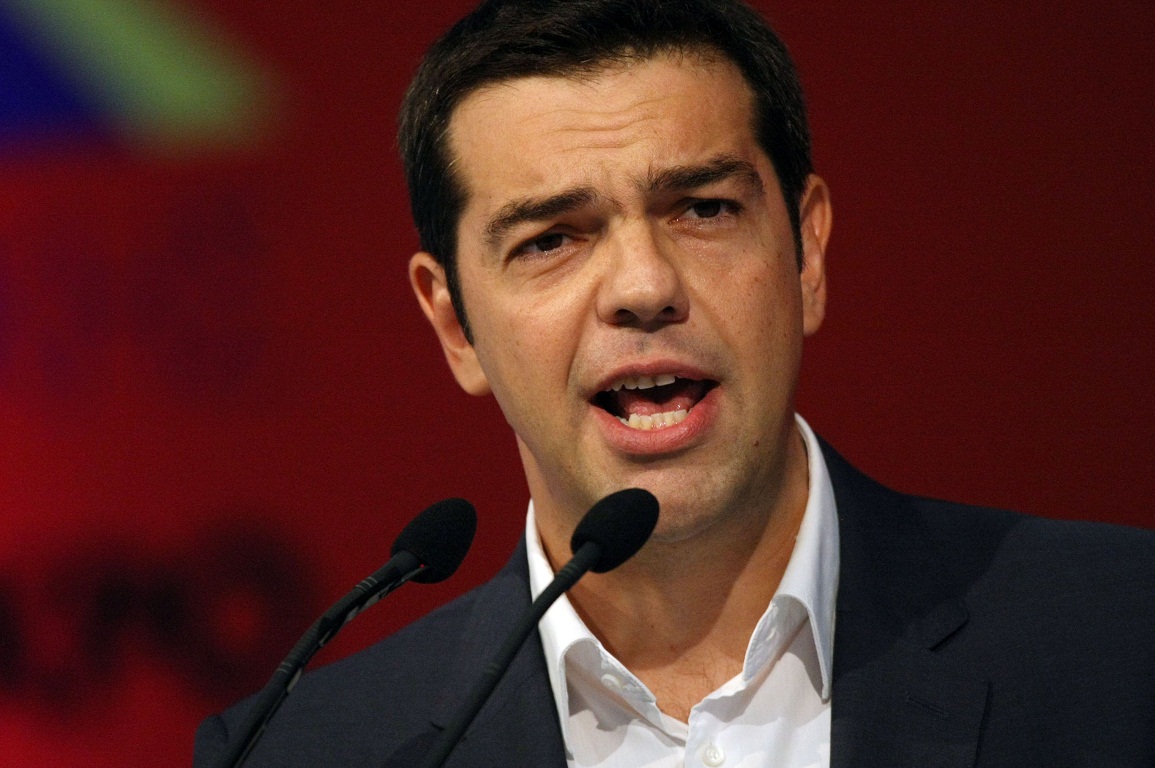Greece asked European lenders to provide a draft additional memorandum of understanding. Besides, the country hopes to receive a memorandum of economic and financial policy from the International Monetary Fund (IMF), as the document is supposed to spell out claims of the creditors.
The Greek government expects that an agreement can be reached in March or in early April. However, scale of the outstanding issues raised fears about possibility to politically promote these requirements within the country.
Cabinet of Prime Minister Alexis Tsipras last week agreed to legitimize implementation of structural reforms at the IMF's request. The reforms include lower non-taxable income threshold, as well as changes in the pension system adopted by 2019.
The government reckons that the agreement will not result in further tightening of austerity measures since the new laws include measures to stimulate the economy, in addition to reforms to reduce budget spending.
Tsipras told the Greek Parliament that review of anti-crisis measures could be completed by March 20, when the Eurogroup will meet in Brussels. However, a final decision may be postponed to the next meeting of the Eurogroup on 7 April as there is still a number of outstanding issues, experts say.
Greece aims to conclude an agreement with creditors by May. The paper may contain potential solutions to reduce the Greek debt burden in the medium term at the IMF's request, as well as inclusion of Greek bonds in the European Central Bank (ECB) program of buying securities.
Earlier, Chairman of the Eurogroup Jeroen Dijsselbloem said: "Greece will have to take a series of reforms. We insist on changes in the tax load, pension payments, as well as in regulation of the labor market. We must also understand that there should be political changes in Greece, and the country should take a position without… austerity and pay more attention to reforms. "
He believes that the European Union saw an inspiring recovery in Greece's budget. The country would borrow less from eurozone partners.
Revision of the Greek aid program turned out to be fraught with delays and disputes between Athens, the EU and the IMF. Main disagreements relate to establishment of tax collection level, debt relief and promised reforms. The discussion raised fears of a new financial crisis in Europe. Head of the European Stability Mechanism Klaus Regling told German newspaper Bild that the fund will "probably pay (Greece) much less than maximum 86 billion euros", as the situation with its budget has improved markedly.
Greece would need a smaller amount of money from international lenders than was originally agreed in the financial assistance program, as the country’s budget figures exceeded all expectations, reports Reuters referring to statement of Head of the Eurozone’s financial assistance fund.
source: bloomberg.com
The Greek government expects that an agreement can be reached in March or in early April. However, scale of the outstanding issues raised fears about possibility to politically promote these requirements within the country.
Cabinet of Prime Minister Alexis Tsipras last week agreed to legitimize implementation of structural reforms at the IMF's request. The reforms include lower non-taxable income threshold, as well as changes in the pension system adopted by 2019.
The government reckons that the agreement will not result in further tightening of austerity measures since the new laws include measures to stimulate the economy, in addition to reforms to reduce budget spending.
Tsipras told the Greek Parliament that review of anti-crisis measures could be completed by March 20, when the Eurogroup will meet in Brussels. However, a final decision may be postponed to the next meeting of the Eurogroup on 7 April as there is still a number of outstanding issues, experts say.
Greece aims to conclude an agreement with creditors by May. The paper may contain potential solutions to reduce the Greek debt burden in the medium term at the IMF's request, as well as inclusion of Greek bonds in the European Central Bank (ECB) program of buying securities.
Earlier, Chairman of the Eurogroup Jeroen Dijsselbloem said: "Greece will have to take a series of reforms. We insist on changes in the tax load, pension payments, as well as in regulation of the labor market. We must also understand that there should be political changes in Greece, and the country should take a position without… austerity and pay more attention to reforms. "
He believes that the European Union saw an inspiring recovery in Greece's budget. The country would borrow less from eurozone partners.
Revision of the Greek aid program turned out to be fraught with delays and disputes between Athens, the EU and the IMF. Main disagreements relate to establishment of tax collection level, debt relief and promised reforms. The discussion raised fears of a new financial crisis in Europe. Head of the European Stability Mechanism Klaus Regling told German newspaper Bild that the fund will "probably pay (Greece) much less than maximum 86 billion euros", as the situation with its budget has improved markedly.
Greece would need a smaller amount of money from international lenders than was originally agreed in the financial assistance program, as the country’s budget figures exceeded all expectations, reports Reuters referring to statement of Head of the Eurozone’s financial assistance fund.
source: bloomberg.com





